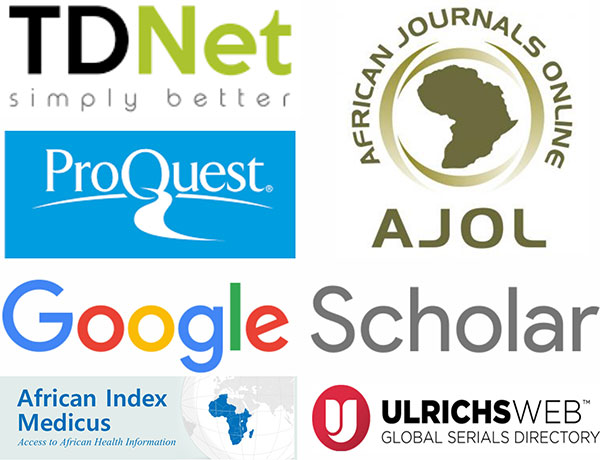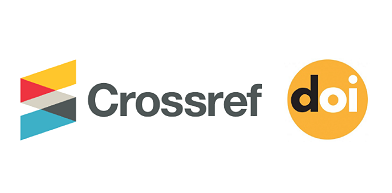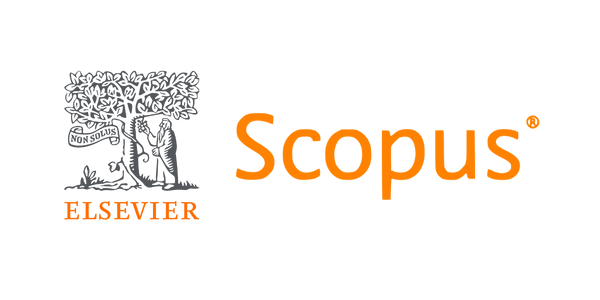The Hippocratic Oath, Principle of Confidentiality and the Moral Burden of Physicians
DOI:
https://doi.org/10.61386/imj.v18i3.709Keywords:
Hippocratic Oath, confidentiality, moral burden, physicians, medical ethics, lived experience, wellbeingAbstract
The Hippocratic Oath containing the principle of confidentiality is a major cornerstone of medical ethics putting the obligation on physicians to maintain the secrecy of patient information. However, this duty can impose a significant moral burden on physicians, particularly when they possess knowledge that must be kept secret even though sensitive or potentially life-altering. This study undertook to explore the moral burden that physicians bear when confronted with the need to maintain confidentiality. The study inquired into how physicians experience and navigate the moral burden of confidentiality as well as the emotional and psychological implications of such medical secrets paralleling their own moral values. The study investigated the moral burden of physicians who know medical secrets and to explore the impact of confidentiality on their well-being and professional practice. The study employed a qualitative systematic review with a thematic analysis using imaginative variation interpretative steps towards the phenomenological (first person lived experience) of physicians as directly captured in documented literature. Ethical consideration in the analysis was not omitted in order to mitigate bias through misrepresentation or overcontextualization. As an outcome, the study recommends that the health of the physician is important and should be safeguarded through reflective ecosystems. This should be from compliance-focused codes to dialogical engagement; and from isolated moral decision-making to shared ethical stewardship. Hence, there is the need for a balance that harps on both institutional and duty-based ethical best practice.
Downloads
Published
License
Copyright (c) 2025 Archibong EI, Ukeagu LOC

This work is licensed under a Creative Commons Attribution 4.0 International License.









